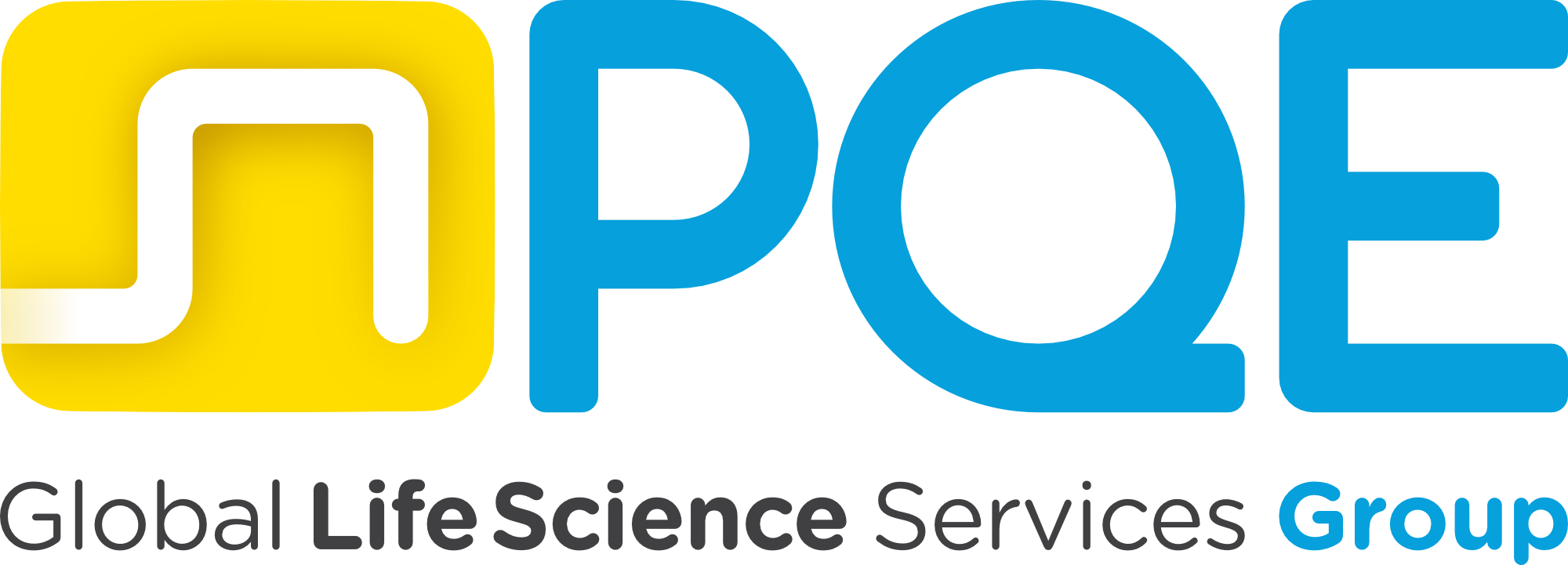Project Orbis shaping the future of RA
According to IQVIA analysis on April 2022 “Over 250 new drugs are expected to launch within the next five years and contribute over $100Bn in new spending. Immunology, oncology and neurology will drive the most growth in spending during the forecast period, and next generation biotherapeutics may reach as much as $20Bn in annual sales by 2026, though significant scientific and commercial uncertainty exists in this fast-evolving area”. This outlook is easily predictable considering the latest data published by FDA.
Indeed, FDA approved 50 new drugs in 2021, Oncology approvals as NMEs/BLA were 16, this means that more than 30% of new drugs will be for the treatment of cancer. Among them, 8 NMEs were selected and approved under Project Orbis launched by FDA on May, 2019. If this trend is confirmed, in the next five years, 50% of the new anticancer drugs will be enrolled under Project Orbis to be concurrently reviewed by FDA and one or more Regulatory Health Authorities (RHAs) Participating Orbis Partners (POP). So far, TGA ANVISA Health Canada Israel Ministry of Health, Singapore Health Sciences Authority, Swissmedic and MHRA are involved. The requirement for the preparation of Module 1 are country specific and a local regulatory knowledge is helpful to speed up the review time. Each country remains fully independent on their final regulatory decision.
A global international cooperation among like-minded medium-sized regulatory authorities to support the industry through the development phases of a drugs as well as to speed up the review phase of a Marketing Authorisation was built in the late 2007 among Australia, Canada, Singapore and Switzerland (ACSS). With the addition of the United Kingdom’s Medicines and Healthcare Product Regulatory Agency, in October 2020, the ACSS changed its name to Access Consortium. Unlike the Project Orbis, the submission under the Access Consortium is initiated by sponsors filing an “Expression of Interest” (EOI) application form and it is not restricted to oncology medicines. Access Consortium initiatives include several working groups with various objective and projects.
The main groups are:
- Generic Medicines Working Group (GMWG) involved in a new innovative authorization procedure for “known active substance without innovation”
- New Active Substance (NAS) Working Group suitable for companies that submit authorization application for a new chemical or biological active substance or for an additional indication simultaneously to at least two members of the Access Consortium. Technical reviews are divided between the Authorities and subsequently shared while the administrative country specific information collected in the module 1 will be independently reviewed by the single Authority. Upon completion of the review, each agency will issue independent decisions regarding the approval of the medicines.
- Biosimilar Working Group (BSWG)
What about EMA? EMA is leading a pilot project “OPEN” in collaboration with HC, PMDA, Swissmedic, TGA and the WHO. The objective of the OPEN pilot project is to allow active international participation in scientific evaluation, in the context of COVID-19 by regulatory authorities with confidentiality arrangements.
A Glocal Approach
The above listed international projects showed a new collaborative approach and the term “Glocal” wants to highlight the importance of the coordination among local resources involved in the regulatory activities and a global view of the pathway to get a simultaneous approval in multiple markets. The Glocal approach starts from the local to get to the global.
The efforts towards convergence is a challenge for the RHA as well as for the Pharmaceutical companies. Less bureaucracy, global flexibility and a timely interactive communication with all Authorities involved in the multiple markets projects are the levers to streamline the medicines regulatory framework providing a faster patient access to the care and less cost and time to develop a medicinal product.





